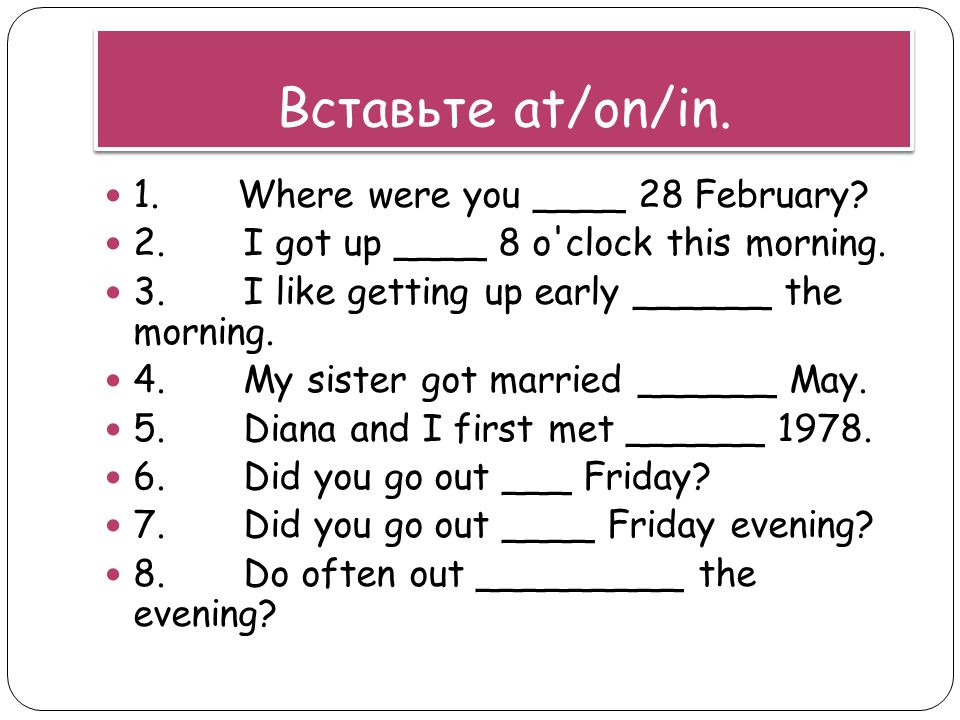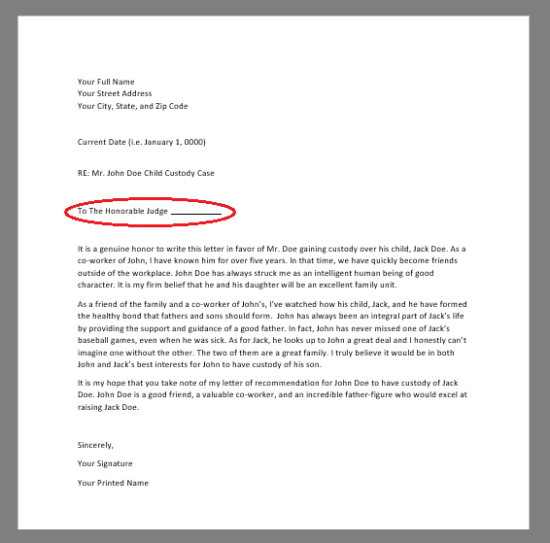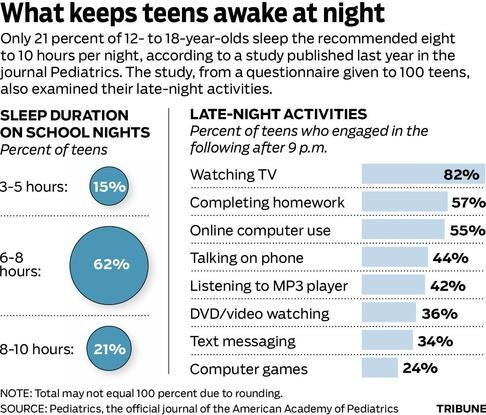How to regain control of your child
Taking Control of Your Child's Controlling Behavior
Many parents don’t realize that setting rules and boundaries for their child is just the beginning of teaching appropriate behavior. Children aren’t born with the ability to understand rules – it’s a learned behavior. Just because rules and boundaries are established does not mean children will be receptive towards following them.
More often than not, children manipulate rules set by authority figures, especially parents. Parents often get the brunt of their child’s disobedience because the home is a child’s safeguard – it’s the place that will always love and accept them, and where they tend to take the most liberties with their behavior. So, what do you do when your child has taken control of the household into his own hands?
Why Is Your Child Behaving Inappropriately:
Before this question can be answered, it’s important to understand why your child is acting out. Many parents don’t realize that they actually do have complete control of all situations. Children learn certain responses to certain situations over time, and once responses are learned, it takes only moments before that child will start applying that learned response to all other situations.
For example, say you take your three-year-old child to the store and she asks for candy. You say “no,” so the child screams louder. You continue to say “no,” and the child get even louder – screaming, crying, stomping her feet. Some parents will respond to this by giving the child what she wants because it immediately stops the behavior; however, what that child just learned was, “If I’m told I can’t have something, I need to scream and cry as loud as I can in order to get it.”
In this situation, you have just created a whole chain of learned responses for that child. She may not have engaged in that behavior during other situations, but she will now remember to apply this strategy in the future.
What “Giving In” Teaches Your Child:
Bad behavior always gets worse before it gets better – this is why many parents are unable to stand their ground and keep control.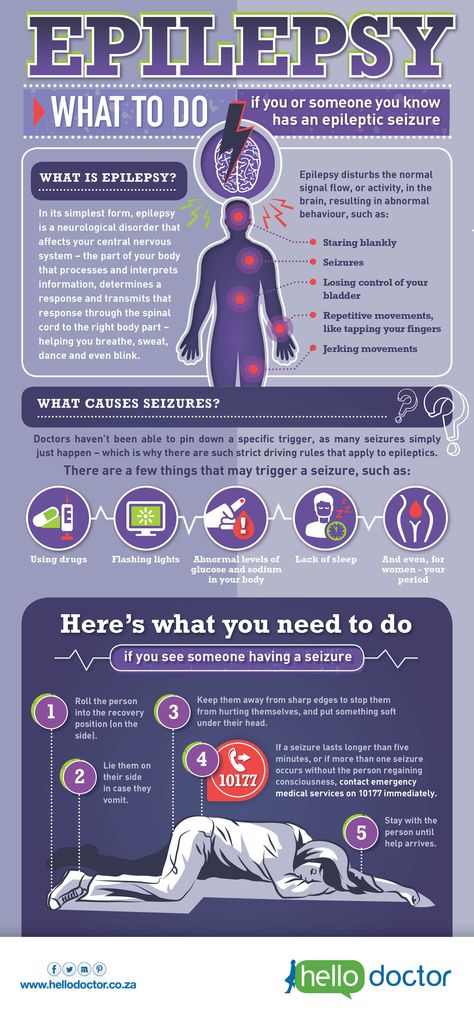 But that inevitably leads to the child controlling his parents. He learns that he will always get what he wants if he continues to act inappropriate.
But that inevitably leads to the child controlling his parents. He learns that he will always get what he wants if he continues to act inappropriate.
It’s understandable that parents become easily frustrated when establishing control with their child. It can often seem like a vicious power struggle, but it doesn’t have to be. Children, like adults, want to feel as though they are in control of their lives. They don’t want to be told what to do or when to do it.
How to Gain Control Again:
How do you regain control of this situation? Fundamentally, you allow your children to feel as though they are in control as long as they remain appropriate. But the second they are not appropriate, you step in and be the parent who asserts control. Understanding this concept takes time for both parents and children, but ultimately, children need to be taught how they can control their environment.
3 Tips to Control Your Child’s Behavior:
Control your reaction.
 Reacting to inappropriate behaviors not only feeds into the bad behavior by providing a form of attention, but also causes the parent more stress and anxiety. Break the vicious cycle by controlling the one thing you can: your own behavior.
Reacting to inappropriate behaviors not only feeds into the bad behavior by providing a form of attention, but also causes the parent more stress and anxiety. Break the vicious cycle by controlling the one thing you can: your own behavior.Your child’s mood will mirror your own. When you come home stressed, upset, or angry, your child picks up on that and acts in a similar fashion. They do not do this on purpose – it’s part of a natural reaction called imitation. This is an important fundamental method children use to acquire new skills.
Your child needs and wants structure. Children like structure and routine. They like to feel a sense of comfort and to know what to expect, and you’re the most important person who can provide that. If a child is in a state of constant change, she may feel anxious or tense, and inappropriate behavior will soon follow. A lot of children will act out because they are anxious, but may not know or understand how to communicate that to others.
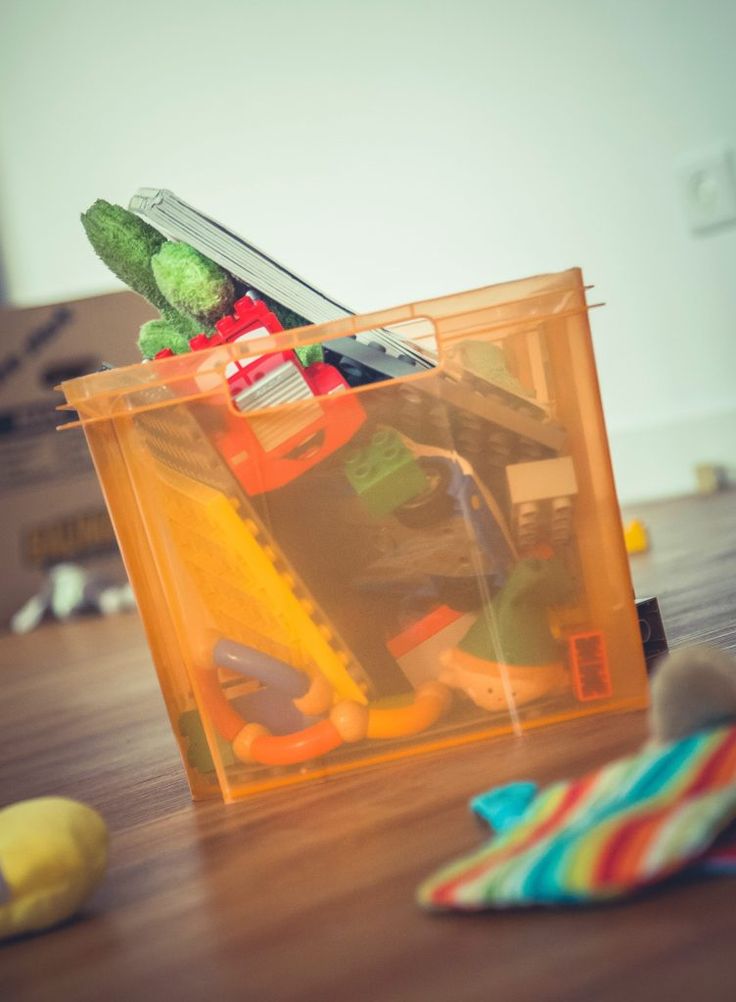
Along the lines of structure, children need consistency. Couples who have two different parenting styles will teach the child to take more liberties around the more lenient parent. When a child really wants something, he will fight until the end to get it. If one of his parents gives in frequently enough, he will associate that parent with getting what he wants, even if already told “no” by the other parent. Now, let’s revisit the initial question. What do you do when your child has surpassed the fine line of acting out and taken control of the household into his or her own hands?
9 Tips to Gain Control Back Once Your Child Has Taken Over:
Establish and define the rules of the household. They can be written down and posted in the home to remind the child if needed.
Both parents need to have a clear understanding of the expectations and consequences for each action.
 Consistent responding is key for teaching children. If you are not consistent, you will never establish the control you want with your child.
Consistent responding is key for teaching children. If you are not consistent, you will never establish the control you want with your child.Make sure to create a reinforcement chart with your child. This can include, for example, a sticker chart throughout the day or at the end of the week. Establish the reward with the child so he knows what he will be earning in the end.
Create warnings for your child. You almost want to set your child up for failure initially, because if you give her only one chance and she doesn’t get the reward, she will have nothing to keep her motivated for the remainder of the time until the reward can be earned again. In order to prevent this, you want to give her one or two opportunities to act out before she loses the reward.
Make sure the consequences match the behavior. You don’t want a consequence to be so extreme and far down the road that the child stops responding to it.
 You want to make sure the consequence is immediately delivered and something that affects the child in the now rather than later.
You want to make sure the consequence is immediately delivered and something that affects the child in the now rather than later.ALWAYS follow through! Failing to do this even one time will put you back right where you started. Worse yet, your child will remember that and work toward that point each time he challenges you. Always make sure consequences are immediately given; otherwise the child doesn’t learn what behavior he needs to exhibit to get the response he desires.
Constantly provide your child with positive attention when she exhibits desired behavior, and ignore her when she tries to manipulate the situation by arguing a point.
Always provide choices to your child. Telling your child “no” provides no way to distract him from what he can’t have, and it will almost always cause a tantrum. When your child asks for something that is not available, let him know that and provide two possible alternatives.
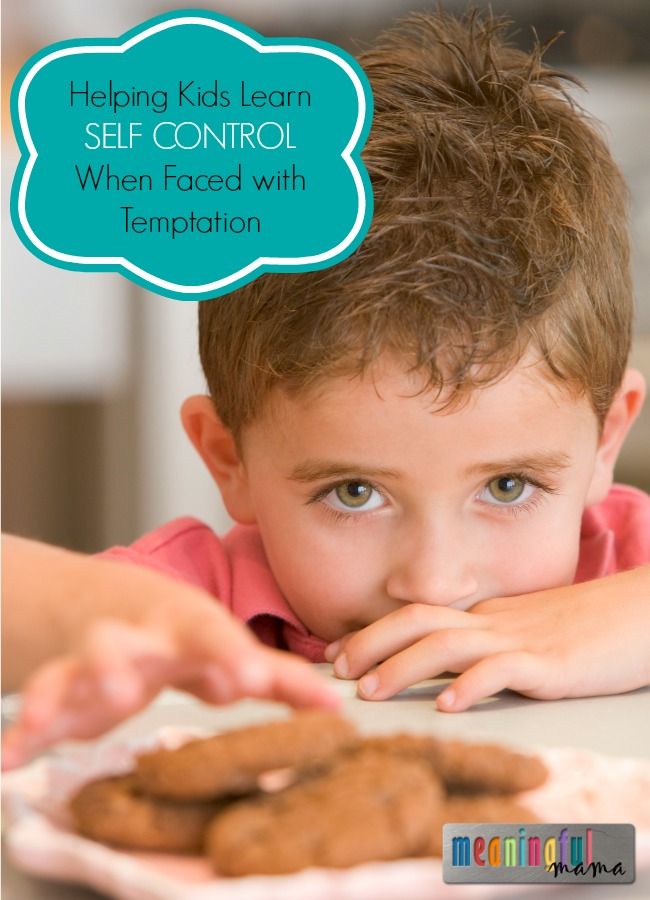
Last but not least, if your child doesn’t want to do something that is expected of them, simply state the rules once and walk away. Allow the child to learn for herself the appropriate ways to respond to authority.
Always remember that behavior gets worse before it gets better. If your child has driven you to the point of no return, that means your methods are successful and he is responding to them by pushing the envelope. The behaviors WILL decrease as long as the child never receives reinforcement following undesired behavior.
Once you have established control with your child, you can begin making the expectations stricter until you get to the point where no undesired behavior occurs.
However, you must also remember that kids will be kids. They will never be perfect, and you can’t hold them to that kind of expectation. You have to maintain your power and keep them in line, but at the same time, allow your kids to be kids and they will respect you for that. Rules provide children with boundaries, and rewards and consequences aid in teaching them what appropriate behavior is expected.
Rules provide children with boundaries, and rewards and consequences aid in teaching them what appropriate behavior is expected.
How to Improve Your Child's Behavior and Regain Control as a Parent
Recently, a frustrated mom sat in my office and said, “I just don’t know what to do anymore. We’ve tried everything! There’s no punishment that gets through to our child; there’s nothing we can say that will fix her behavior. There’s so much going on we just don’t know where to start.” Sound familiar? Parents often get by on intuition and advice from others, but let’s face it–that’s not always enough, especially if you have a child who doesn’t respond well to your attempts to manage their behavior. All kids push the limits, but the stress this causes parents can range anywhere from overwhelming to nearly unbearable.
There are so many parents out there who would give anything to have some peace and quiet at home, and peace of mind about their family life. Not only are you struggling to keep your head above water, you’re caught in a flood of behavior issues that pop up one after the next— and you may also be struggling to just hold on so you don’t get swept away.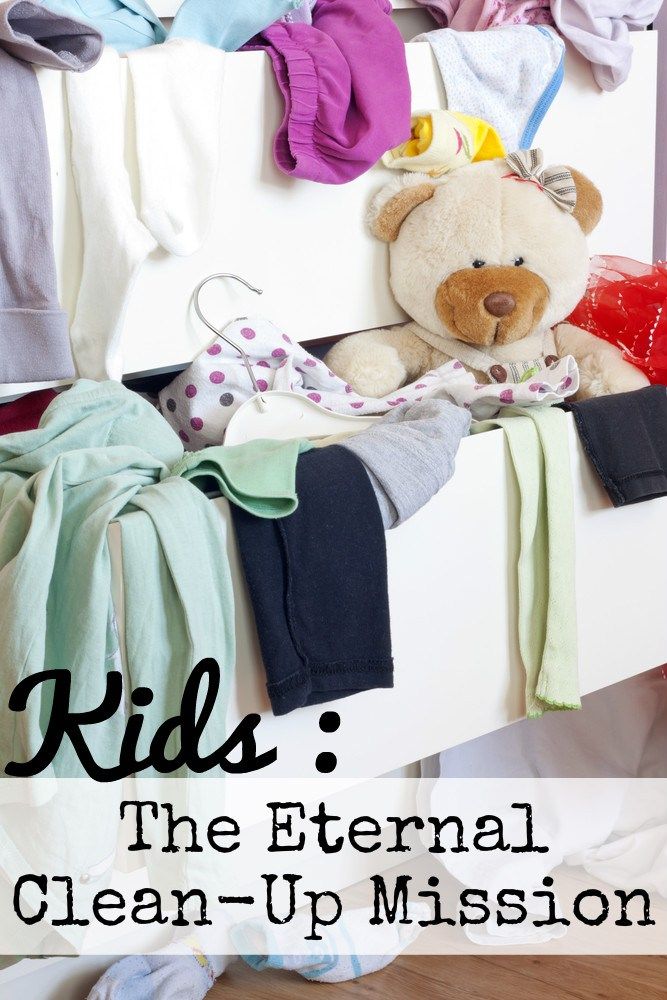 If your child has ODD or ADHD, it can feel like every day is a new parenting obstacle course. What I say to parents who come to me feeling this way is, first take a deep breath. You’re not alone. And what’s more, you didn’t find yourself in this situation with your child all at once, so you don’t need to put pressure on yourself to climb your way out of it all at once, either. We all go to that place of fear and negativity when we’re anxious about our kids or our parenting. Fear says, “You have to fix this right now or else!” But if you put that feeling aside, logic might tell you that you and your child are both human, and can only do so much at one time. So instead of trying to turn around five years worth of issues in a matter of minutes, it’s more effective to think about one thing you can start doing differently today to be a more effective parent than you were yesterday.
If your child has ODD or ADHD, it can feel like every day is a new parenting obstacle course. What I say to parents who come to me feeling this way is, first take a deep breath. You’re not alone. And what’s more, you didn’t find yourself in this situation with your child all at once, so you don’t need to put pressure on yourself to climb your way out of it all at once, either. We all go to that place of fear and negativity when we’re anxious about our kids or our parenting. Fear says, “You have to fix this right now or else!” But if you put that feeling aside, logic might tell you that you and your child are both human, and can only do so much at one time. So instead of trying to turn around five years worth of issues in a matter of minutes, it’s more effective to think about one thing you can start doing differently today to be a more effective parent than you were yesterday.
Once you’ve shifted your thinking a bit and taken some pressure off, there are some other practical steps you can take to start to regain your sense of control and confidence as a parent. Here are some of the suggestions parents have found most helpful over the years.
Here are some of the suggestions parents have found most helpful over the years.
Work on One Thing at a Time
Sitting down and making a list of every single thing you want to change about your child is not what I mean here—any parent could easily come up with a dozen or so things they want to change! Looking at such a big list will only make you feel more overwhelmed and cause more stress in the long run. What I do suggest is to just think about your top three concerns. What behavioral issues are causing the most chaos and stress in your home? Choose the three most troublesome issues and write them down. Your list might look something like this:
- Defiance
- Refuses to do homework
- Disrespectful behavior
Then ask yourself, are there safety issues because of this behavior? Issues that pose a safety risk, either to your child or to others, should always be dealt with first. Once you’ve considered any safety risks, rank your top three concerns in order of priority—and the top issue on the list is where you put your focus for now.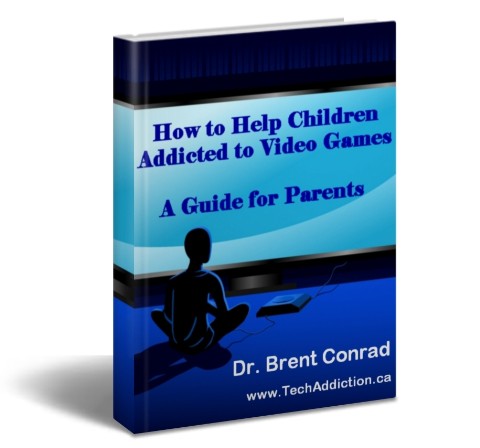 Those other two things might need to wait until you build up your confidence and have more energy. Working on just one thing is enough. Remember, when tackling multiple behavior issues as a parent, it’s important for you to take one step at a time. Eventually, those steps will add up to better behavior and more effective parenting.
Those other two things might need to wait until you build up your confidence and have more energy. Working on just one thing is enough. Remember, when tackling multiple behavior issues as a parent, it’s important for you to take one step at a time. Eventually, those steps will add up to better behavior and more effective parenting.
Come up With a Plan
Know what your expectations are—what do you want to see your child do? Make sure you are able to communicate your expectations in clear terms. Describe actions that you see and hear rather than using words like “good,” “nice,” and “better.” Action words are much clearer, and far less subjective than adjectives. Here’s an example. A parent who wants their child to put forth more effort in school might say, “You need to quit goofing off in school. I really want you to get better grades and study harder.” A clearer way to say that is, “I want you to listen and pay attention in school, and when you get home I want to see you sitting at the table for an hour each day doing schoolwork. The electronics will be off, and you won’t have any privileges until you’ve worked for an hour. Once your grades improve to Bs and above, we’ll revisit this plan.”
The electronics will be off, and you won’t have any privileges until you’ve worked for an hour. Once your grades improve to Bs and above, we’ll revisit this plan.”
Before you talk with your child, you should also come up with a plan on how you will hold her accountable. What will you do if she does not meet your expectations? How will you respond? In the moment, it’s most effective to restate your expectation and then walk away. When things have calmed down, problem solve and then give a consequence if the situation calls for it. When you have established your plan and you are sure you can follow through with it, clearly state your expectations to your child and let her know what is changing.
Fewer Speeches, More Coaching
In The Total Transformation program, James Lehman tells us that parents often over-explain themselves because they think this will make their kids understand. The truth is, lectures and speeches aren’t effective. James recommends instead to have conversations that are focused on what your child’s responsibilities are, and how he can meet them.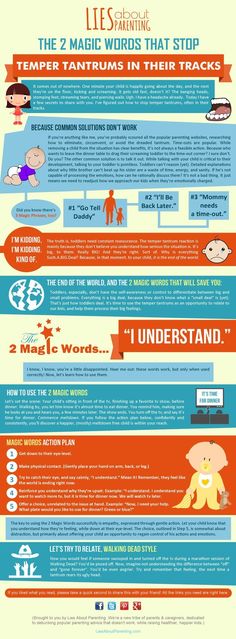 For example, what can your child do instead of leaving the house without permission when he thinks you’re being unfair? How can he stay out of trouble next time? It’s extremely important for you to take on the role of “coach” and help your child learn new behaviors that are more effective. Put things in your child’s best interests, rather than trying to convince him he needs to change so he’ll get into college, stay out of jail, or be able to keep a job in 10 years. Set the speeches and justifications aside, and focus on developing the skills your child needs to do better. Let your consequences do the convincing.
For example, what can your child do instead of leaving the house without permission when he thinks you’re being unfair? How can he stay out of trouble next time? It’s extremely important for you to take on the role of “coach” and help your child learn new behaviors that are more effective. Put things in your child’s best interests, rather than trying to convince him he needs to change so he’ll get into college, stay out of jail, or be able to keep a job in 10 years. Set the speeches and justifications aside, and focus on developing the skills your child needs to do better. Let your consequences do the convincing.
Expect Some Setbacks and Keep Moving Forward
It’s important to expect setbacks with progress. Change is a slow process that you just can’t rush. Think of the caterpillar inside a chrysalis, awaiting the day he is ready to break out and take flight for the first time as a butterfly. That caterpillar knows he can’t speed up his transformation without jeopardizing his well-being.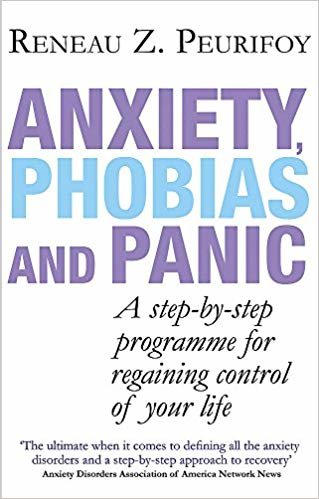 He knows that the time will come and he must be patient. It’s far more effective for a parent to also take one day at a time, and take it slow when making changes at home. Things will get better, but sometimes your child will still make a mistake. All is not lost—just take a deep breath, follow through with your plan and remember that you can handle this. Start with a fresh slate each day and stay positive.
He knows that the time will come and he must be patient. It’s far more effective for a parent to also take one day at a time, and take it slow when making changes at home. Things will get better, but sometimes your child will still make a mistake. All is not lost—just take a deep breath, follow through with your plan and remember that you can handle this. Start with a fresh slate each day and stay positive.
Be Empowered
There is power in numbers. Whether you’re a single parent, happily married, or somewhere in between, parents need a support system. Find a way to build in some time for some social support each week so that you can recharge your batteries and feel refreshed and motivated to continue on. If the problem feels too big for you to handle within your family or social circle, seek support elsewhere. This is not a sign of weakness, but a measure of resourcefulness, commitment to change, and a good way to add some more tools to your parenting toolkit. Your child’s pediatrician, teachers, and this website are a good place to start.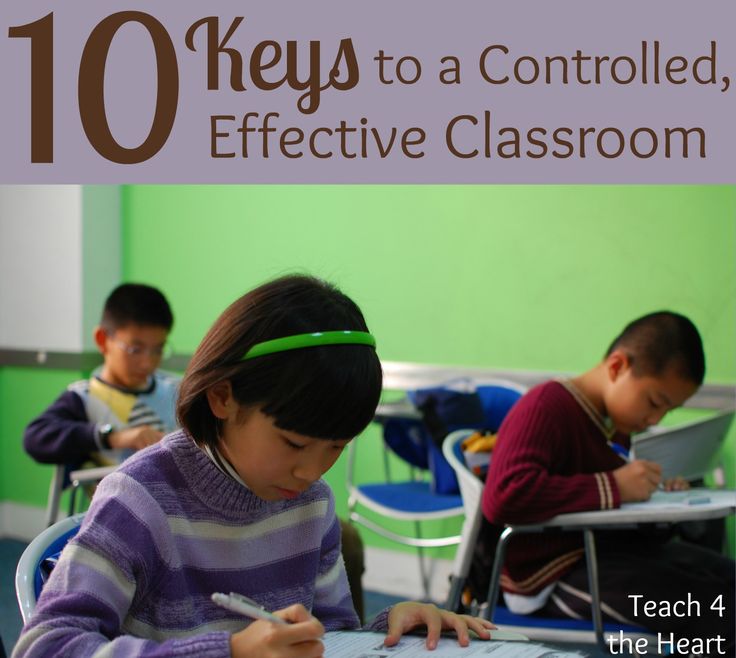 All of these resources can help you gain a new understanding of your child, make suggestions, and help you to figure out what next steps you should take if you feel like you keep running face first into a brick wall. Parenting classes, support groups, or counselors and therapists in your local area can also be a huge help.
All of these resources can help you gain a new understanding of your child, make suggestions, and help you to figure out what next steps you should take if you feel like you keep running face first into a brick wall. Parenting classes, support groups, or counselors and therapists in your local area can also be a huge help.
When you’re faced with so many behavior issues you don’t know where to start, it’s not easy. Remember, your journey toward more effective parenting will start with just one step. And by accepting that this will take time and choosing to be positive and have patience, you can take that first step toward progress, starting today.
Subscribe to the Empowering Parents Podcast via Stitcher
Subscribe to the Empowering Parents Podcast via iTunes
Related Content: No Means No: 7 Tips to Teach Your Child to Accept ‘No’ for an Answer
How to regain control of life when anxious
When frightening and tragic events occur, everything seems meaningless. It is not clear why and whether it is worth working at all, doing the usual things, meeting friends. We asked the psychologist Uliana Avchinnikova how to regain control over life and not give up when numbness and anxiety overwhelm.
It is not clear why and whether it is worth working at all, doing the usual things, meeting friends. We asked the psychologist Uliana Avchinnikova how to regain control over life and not give up when numbness and anxiety overwhelm.
Uliana Avchinnikova
Master of Psychology, practicing psychologist with more than 10 years of experience, schema therapist (ISST), has additional education in working with PTSD and CPTSD.
Why is it so hard to stop reading the news?
There are two reasons. First, this process gives a sense of belonging and support. Now not everyone has a real opportunity to provide effective assistance to the victims or change the course of events. But the feeling of helplessness is very destructive for a person. That is why observation of what is happening is felt equivalent to care and empathy.
Secondly, when we read the news, we feel an apparent control. It seems that this way you can better understand the situation, master it, overcome uncertainty and make informed decisions. But this impression is wrong and gives rise to erroneous causal relationships. If nothing bad happens, the person decides that he was able to take control of the situation. If trouble happens, the thought arises that control was simply not enough.
It seems that this way you can better understand the situation, master it, overcome uncertainty and make informed decisions. But this impression is wrong and gives rise to erroneous causal relationships. If nothing bad happens, the person decides that he was able to take control of the situation. If trouble happens, the thought arises that control was simply not enough.
But we cannot predict the future and cannot always change it. Especially in conditions when circumstances change every day. If I continuously watch from the window as my child plays in the yard, it seems to me that he is safe, although in fact he is not. External factors can change everything at any moment.
News monitoring really relieves anxiety, but not for long. Gradually, control begins to drain: concentration decreases, symptoms of depression and fatigue appear, and productivity drops.
Anxiety literally overwhelms me.
 What will help to act rationally?
What will help to act rationally? Anxiety is our body's signal of possible danger. Try to reasonably assess its degree, understand what specifically worries you, assess the likelihood that the event will actually happen, and determine the zones of your influence. After that, make a plan of action. Ask yourself about each stressor: am I influencing it? Can I change something right now? What exactly can I do?
In some situations, anxiety may indeed be justified. And then making decisions based on emotions is useful. Anxiety helps to mobilize, to act quickly. And if something objectively threatens you, you will be able to ensure your safety in time.
If you cannot influence what is happening, try to continue the dialogue with yourself. Ask yourself: Is anxiety helping me or draining me now? If draining, try to figure out what you can do right now for yourself or others. The answer can turn anxiety into small, beneficial steps.
The answer can turn anxiety into small, beneficial steps.
Also, if you find that anxiety is counterproductive, try the Radio technique. Imagine putting your thoughts into a radio and gradually making it quieter.
Due to strong feelings, I see no point in doing household chores. What to do?
Remind yourself that each person has their own zone of influence. We cannot change our height and age or our past, but we can influence our own actions in the present. Try to come back to this idea more often. Yes, it can be difficult, but only in this way is it possible to overcome feelings of guilt, apathy and helplessness, and return to household chores.
If you have the opportunity and strength, it is better not to give up everyday tasks. They give a sense of real control and predictability. Even cleaning, cooking, and doing laundry will bring a sense of certainty, a brief distraction from the news feed, and give the brain a signal that life goes on. If you completely abandon household chores, your condition will not improve. Try to regain control over small things on your own - after this, the feeling that you can do more may return.
Even cleaning, cooking, and doing laundry will bring a sense of certainty, a brief distraction from the news feed, and give the brain a signal that life goes on. If you completely abandon household chores, your condition will not improve. Try to regain control over small things on your own - after this, the feeling that you can do more may return.
Against the background of what is happening, it seems that my work is not important. How to keep doing it?
So many of my clients think their current job is pointless. Especially if the activity is far from the needs of the situation, for example, a person works in the field of entertainment.
One might think that deeds should only be great and change the course of events. You can devalue everything else and consider it unimportant. But such thoughts carry nothing but apathy and guilt.
In this case, you can write down your thoughts and try to understand what emotions they cause.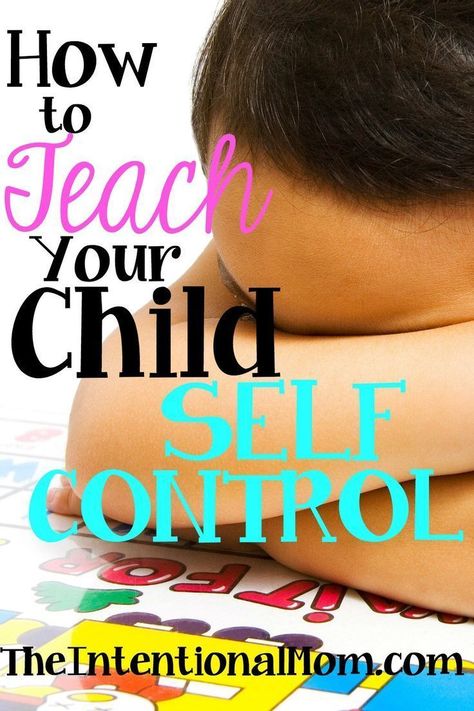 Then try to look at these thoughts as if from the outside and assess how they correspond to reality.
Then try to look at these thoughts as if from the outside and assess how they correspond to reality.
To help you get your bearings, you can ask yourself the following questions: Where did this belief come from? Is my job really pointless? Am I really causing harm or doing something bad? If another person was doing this, would I draw the same conclusions about his behavior? What value is there in it for other people? So you build a rational dialogue with yourself. One might come to the conclusion that working in entertainment does not make you a bad person, and the concept of benefit differs for different people. Perhaps now your work already supports and inspires someone. Try to return to these thoughts every time unpleasant feelings arise.
Before starting work, keep track of your condition. It is important for someone in an anxious period to get enough sleep, slow down and take care of themselves.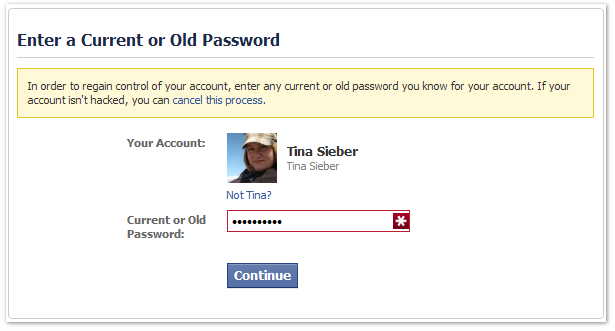 Some will be distracted by additional tasks - they can give strength and restore a sense of significance and usefulness. Someone may hate their job for years - and such a person may be prompted by what is happening to change activities. Try to do what brings satisfaction to you.
Some will be distracted by additional tasks - they can give strength and restore a sense of significance and usefulness. Someone may hate their job for years - and such a person may be prompted by what is happening to change activities. Try to do what brings satisfaction to you.
How to stay productive in stressful conditions?
First aid in this case is a partial informational detox. Try to limit the time you spend on the Internet and only follow the news for a certain period. For example, 30 minutes three times a day.
It is also important to restore the physiological state of the body. Many people who come to me note violations of the daily regimen, nutrition, severe headaches. Some began to drink more alcohol.
In times of stress, it is essential to improve your sleep, eat right, drink more water and avoid caffeine and alcohol.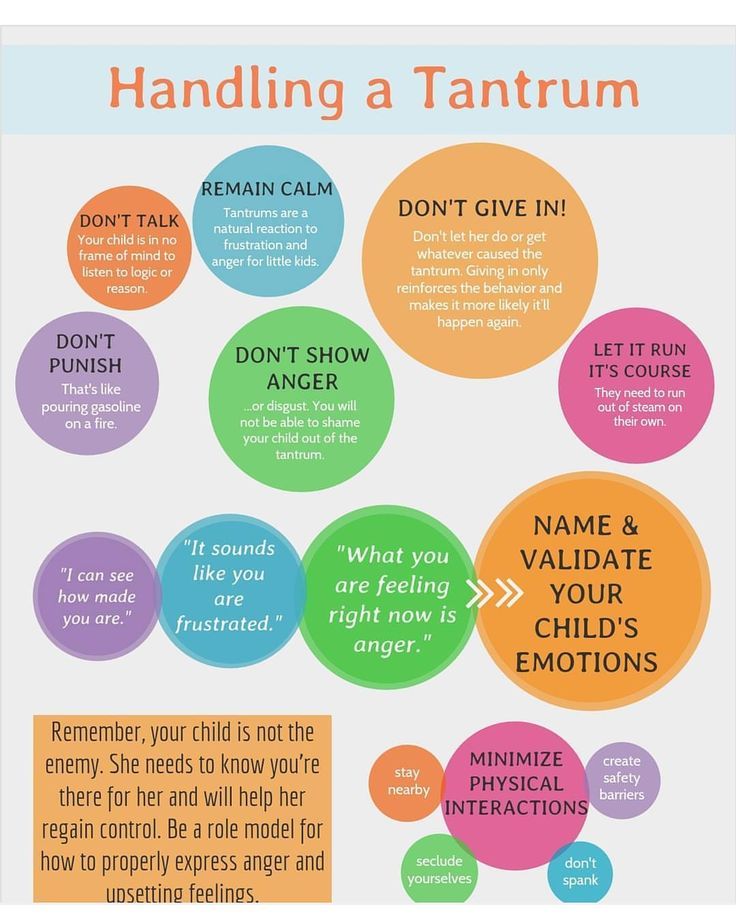 If you didn’t sleep, didn’t eat, and muscle tension brings pain, working with thoughts will not be useful. After all, in this case, your body is occupied with only one task - survival.
If you didn’t sleep, didn’t eat, and muscle tension brings pain, working with thoughts will not be useful. After all, in this case, your body is occupied with only one task - survival.
It's okay if you can't immediately return to your normal mode. Start small.
Eat small meals even if you don't feel like it. Shut off the Internet a few hours before bed and practice mindful breathing, where exhalations last longer than inhalations. In this way, you will let the body know that it is time to gain strength.
It doesn't hurt to add some moderate exercise like running, walking, or trying other sports. Compliance with even such simple rules stabilizes the nervous system, and a person begins to feel better.
After the physiological state returns to normal, you can start psychological practices. Write down your negative thoughts and evaluate how much what worries you corresponds to reality.
Write down your negative thoughts and evaluate how much what worries you corresponds to reality.
If fears are justified, get involved in problem solving. If not, try replacing the inadequate belief with an adequate one. For example, it may seem that you do not have the opportunity to help children who are now in trouble, and this causes a feeling of helplessness. But in reality, reality may look different. Perhaps you can still do something, just not everything that you would like. Then you need to act on the basis of your strengths and abilities. Let's say you might be able to donate a small amount to a children's fund. And this is already a lot.
I want to take a break from what is happening at least for a while, but I can't afford it - I immediately feel guilty and helpless. What to do?
The feeling of helplessness is a grave and destructive condition.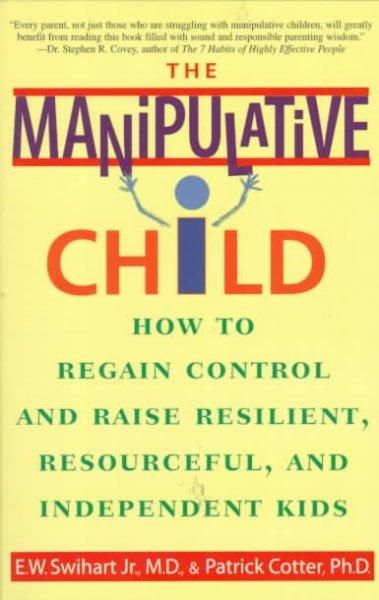 Because of him, self-respect is lost, much loses its meaning. People become passive, may feel worthless, humiliated and weak. It seems that it is impossible to influence events and it is not worth even trying.
Because of him, self-respect is lost, much loses its meaning. People become passive, may feel worthless, humiliated and weak. It seems that it is impossible to influence events and it is not worth even trying.
Such a belief system is often formed in childhood, if the person did not assert their autonomy or was severely suppressed by significant adults. People stop believing that they have the ability to influence something. But in reality this is not the case. Every person matters with all their little activities and little joys.
Every step you take in your values matters. It is possible to regain control over yourself even through small actions. Try not to discount them.
Allowing yourself to rest is also an action. This is the only way to get out of the painful circle of heavy emotions. You do not scold the phone for the fact that it needs recharging, do you? When a person switches, he recovers and then reacts more calmly to what is happening.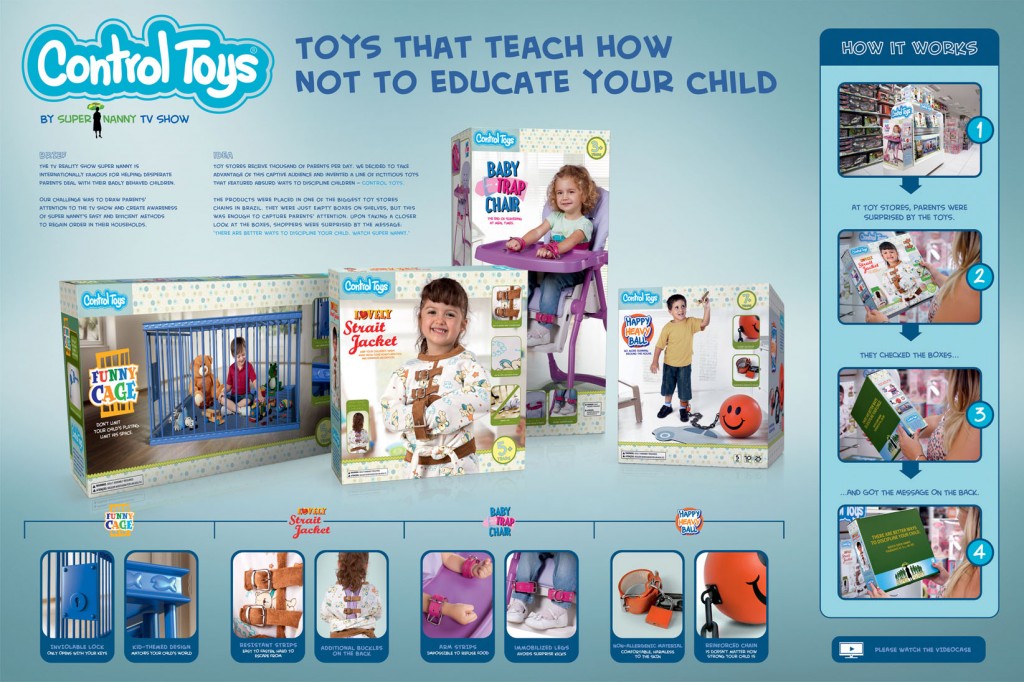 If you have the strength, you are able to help yourself and others, influence the events around you, and actively express your position.
If you have the strength, you are able to help yourself and others, influence the events around you, and actively express your position.
Of course, you don't have to completely avoid reality. But if you close the news feed for a few hours, most likely, contact with others will not be lost.
Start planning daily activities that bring relief, even if you don't feel like doing anything right now. The biggest trap is to wait for the right state and mood. It won't come by itself. Here is the feedback: the energy will come when you start to act. Try watching a movie, reading, returning to a hobby, spending time with your pet.
Cover collage: Anika Turchan
Loss of control over children
Are your parents constantly interfering in your life, even though you are 20, 30, 40 years old? Do you feel that your father and mother do not recognize your independence, are trying to suppress your will and impose goals? Does every visit to the "family nest" turn into a scandal and mutual insults? Read the advice of coaches on how to get rid of parental control over an adult child.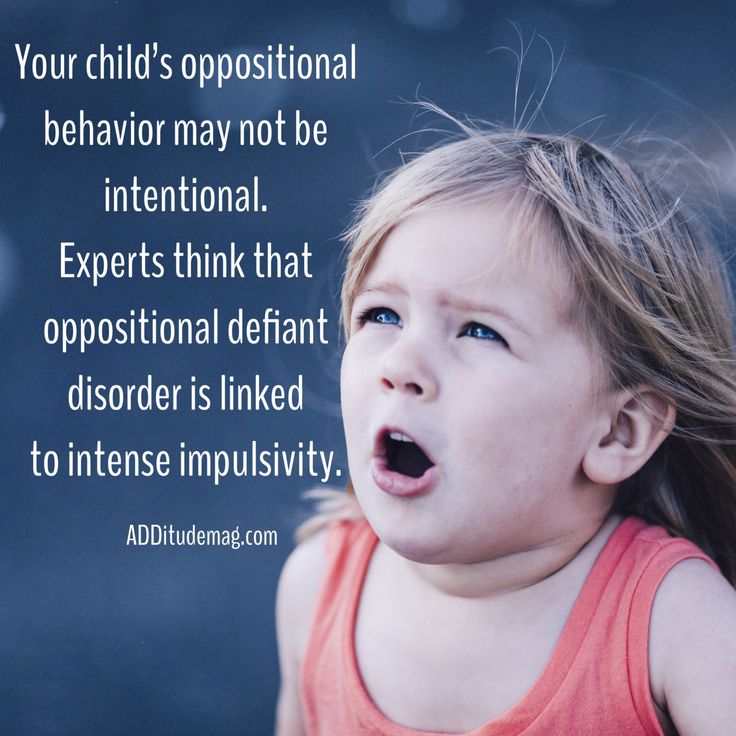
How is control over a child formed?
With the advent of a child, the lives of adults change completely. Newly minted parents take responsibility for the health and happiness of the baby, gradually building a system of relationships with him. In the first years, children are helpless, so adults have to establish control over the child: check how he eats, sleeps, and develops.
Normally, as they grow older, parents' control over their children weakens: schoolchildren dress themselves, choose circles, form their own social circle. Adolescents become independent, serve themselves, some get their first job to pay for their own desires. In adolescence, the stage of separation begins: grown-up children leave the "parental nest", enter the university, start their own family, and build a career.
But in some cases, parents cannot psychologically let go of the child, they continue to perceive him as an inexperienced baby who needs custody. Usually this is explained by the phrase “we wish you happiness,” but the psychological roots of the total control of parents over children go much deeper.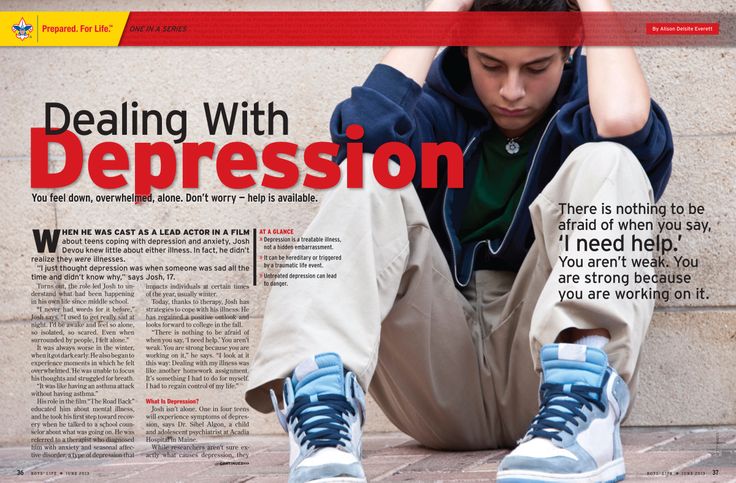
3 reasons for total parental control over adult children
-
War of generations. Parents are driven by their own ideas of happiness and success. Typical attitudes relate to compulsory marriage, childbearing, the fulfillment of "female" and "male" duties. When they see that grown children do not share these beliefs, it seems to them that they live incorrectly, incur unhappiness, loneliness and shame.
-
Loss of the meaning of life. Many parents make the mistake of completely dissolving into the child. They literally give up their interests and hobbies. Therefore, after the kids grow up, they experience devastation. To regain the meaning of life, they are trying to restore parental control over the child. Various manipulations are used, including psychosomatic illnesses, which Sinelnikov wrote about. Resentment, aggression, imitation of heart attacks - any weapon is used.
-
Self-assertion. For some people, total control over children is another way of asserting themselves.
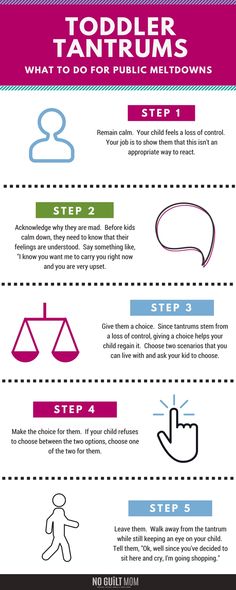 Parents acquire almost unlimited power and are not ready to put up with its loss.
Parents acquire almost unlimited power and are not ready to put up with its loss.
Why is it bad to control adult children?
According to psychologists, in order for a warm relationship to be established between parents and adult children, they must make friends. This cannot be achieved as long as one side considers itself smarter and more experienced. The unwillingness to give the child freedom and recognize his right to independently build his own life leads to a number of problems:
-
Constant conflicts. Attempts to communicate lead to scandals between family members.
-
Separation problems. Grown up children continue to live in the territory of their parents. If they leave, they constantly visit, to the detriment of their studies, careers, and families.
-
Complete isolation. Some radically solve the issue of parental control: they completely stop communicating (change their phone number, leave for another city).

Parents must understand that their daughter or son must build his own destiny: choose a partner, take financial responsibility. We have written more than once about the difficulties that infantile people face in the Coaching blog.
How to overcome parental control?
Both sides need to work on the issue. Until total control is removed, it will not be possible to build harmonious relations between generations.
Advice for parents
-
Recognize children's right to their own experience. If you think they are doing the wrong thing, keep your opinion to yourself. You can warn an adult child only when he turns to you for advice.
-
Build your own life. Separation opens up unlimited opportunities for growth and development. You have more time and money for yourself.
-
Consult a psychologist. The child must be respected. This is difficult to do when for 18 years you have seen his fears, doubts, mistakes.
 To rebuild your relationship, sign up with a family psychologist or coach.
To rebuild your relationship, sign up with a family psychologist or coach.
Free consultation with an EDPRO coach
What should children do?
-
Learn to uphold personal boundaries. To do this, understand your desires, set your own goals. Do not follow parental guidance if it goes against your worldview.
-
Build independence. You can't remove parental controls if you're financially or emotionally dependent on mom and dad. You will not be perceived as a mature person if you are not able to pay for yourself or avoid responsibility for the decisions you make.
-
Be patient. Don't forget that your parents want you to be happy. Broadcast love: call them, sometimes arrange family evenings, express gratitude.
To resolve family conflicts and avoid the "war of generations", sign up for training "Psychological Counseling and Coaching".



